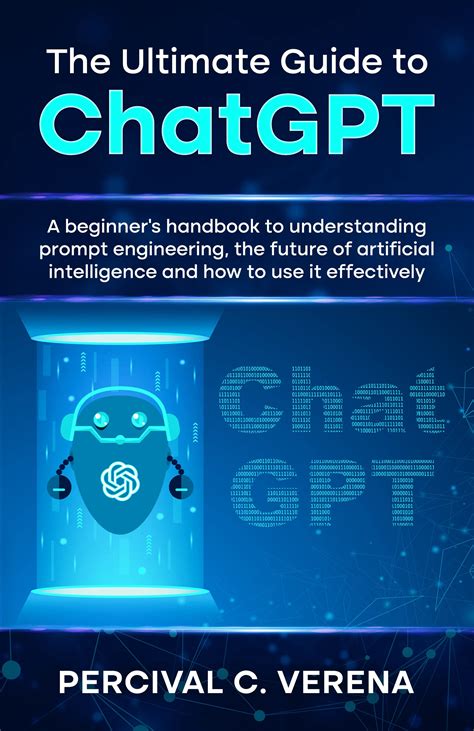The Ultimate How Close to 100 Guide for Beginners
Getting "close to 100" can refer to several different contexts, most often involving achieving a high score or percentage in a game, test, or competition. This guide will explore various scenarios and provide practical strategies for maximizing your performance and pushing your scores towards that coveted 100%. We'll cover everything from understanding the scoring system to developing effective learning and practice techniques.
What Does "Close to 100" Even Mean?
Before diving into strategies, it's crucial to define what "close to 100" means in your specific context. Is it 95%? 98%? The acceptable range varies greatly depending on the situation. A 90% on a difficult exam might be considered "close to 100," while a 90% in a competitive video game might be far from the top. Clarifying this benchmark is the first step to success.
Understanding the Scoring System
Different systems have different intricacies. Knowing how points are awarded and penalties are applied is critical. Here's a breakdown of common scenarios:
- Percentage-based systems: This is the most common. Understand how each element contributes to the final percentage. Are some parts weighted more heavily?
- Point-based systems: Identify how many points are available and what actions earn or deduct points. Look for opportunities to maximize point gains.
- Level-based systems (games): These often involve reaching specific milestones or clearing stages. Focus on improving your performance in each level.
How to Get Close to 100: Practical Strategies
These strategies apply across various contexts, from academic tests to video games:
1. Mastering the Fundamentals
This is the bedrock of success. Before tackling complex challenges, ensure you have a solid grasp of the basic concepts or mechanics. This involves:
- Thorough review of materials: Read textbooks, review notes, and revisit foundational concepts.
- Practice drills: Regularly practice the fundamentals until they become second nature. This builds a strong foundation for tackling more difficult aspects.
- Seek clarification: Don't hesitate to ask questions if you're struggling with any concepts.
2. Identifying Weak Areas
Pinpointing your weaknesses is vital. This helps you focus your efforts effectively. Methods include:
- Analyzing past performance: Review previous tests or game replays to identify recurring mistakes.
- Seeking feedback: Ask teachers, instructors, or teammates for constructive criticism.
- Self-assessment: Honestly evaluate your strengths and weaknesses.
3. Targeted Practice
Once you've identified weaknesses, concentrate your efforts there. This involves:
- Focused practice: Dedicate more time to practicing the areas where you struggle.
- Utilizing resources: Use supplementary materials, such as practice tests or online tutorials, to improve in those specific areas.
- Breaking down complex tasks: Divide larger tasks into smaller, manageable chunks to improve focus and reduce overwhelm.
4. Time Management and Strategy
Effective time management is crucial for optimal performance:
- Practice under timed conditions: Simulate the actual testing or game environment to get accustomed to working under pressure.
- Develop strategies: Create efficient strategies to tackle problems or challenges. This often involves prioritizing tasks and allocating time effectively.
5. Seeking Help and Feedback
Don't be afraid to ask for assistance:
- Tutoring: Consider seeking help from a tutor or mentor who can provide personalized guidance.
- Study groups: Collaboration with peers can offer different perspectives and enhance understanding.
- Online resources: Utilize online resources such as forums and communities for support and guidance.
Frequently Asked Questions (FAQ)
How can I improve my accuracy?
Improving accuracy requires careful attention to detail and thorough review of your work. Slow down, double-check your answers, and practice mindful execution of tasks.
What if I'm struggling with a particular concept?
Don't hesitate to seek help! Consult textbooks, online resources, teachers, tutors, or classmates for clarification and support. Break down the concept into smaller, more manageable parts.
How much time should I dedicate to practice?
The amount of time depends on the complexity of the task and your individual learning style. Consistent, focused practice is more effective than sporadic cramming.
By diligently following these strategies and consistently working towards improvement, you can significantly increase your chances of achieving a score "close to 100," regardless of the context. Remember, perseverance and a focused approach are key to success.

